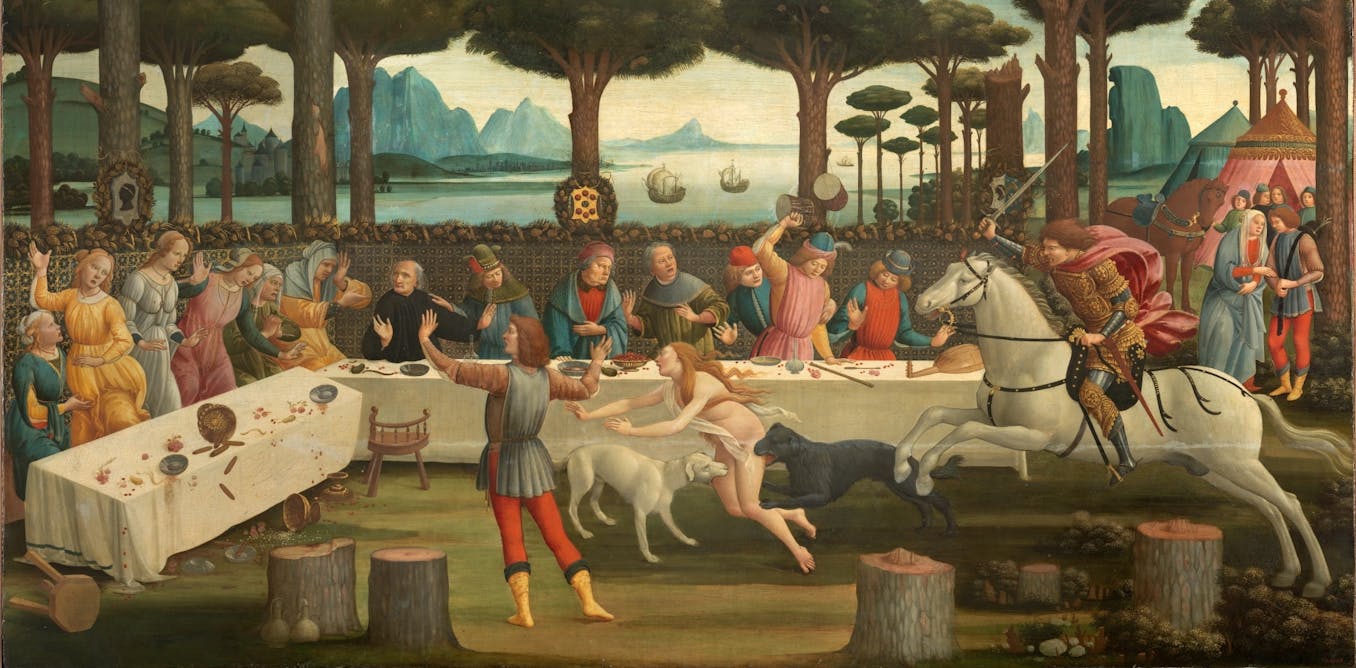by CHELSEA HAITH

From Homer’s Iliad and Boccaccio’s Decameron to Stephen King’s The Stand and Ling Ma’s Severance, stories about pandemics have – over the history of Western literature such as it is – offered much in the way of catharsis, ways of processing strong emotion, and political commentary on how human beings respond to public health crises.
Literature has a vital role to play in framing our responses to the COVID-19 pandemic. It is worth turning to some of these texts to better understand our reactions and how we might mitigate racism, xenophobia and ableism (discrimination against anyone with disabilities) in the narratives that surround the spread of this coronavirus.
Ranging from the classics to contemporary novels, this reading list of pandemic literature offers something in the way of an uncertain comfort, and a guide for what happens next.
Homer’s Iliad, as the Cambridge classicist Mary Beard has reminded us, opens with a plague visited upon the Greek camp at Troy to punish the Greeks for Agamemnon’s enslavement of Chryseis. US academic Daniel R Blickman has argued that the drama of Agamemnon and Achilles’ quarrel “should not blind us to the role of the plague in setting the tone for what follows, nor, more importantly, in providing an ethical pattern which lies near the heart of the story”. In other words, The Iliad presents a narrative framing device of disaster that results from ill-judged behaviour on the part of all of the characters involved.
Conversation for more
